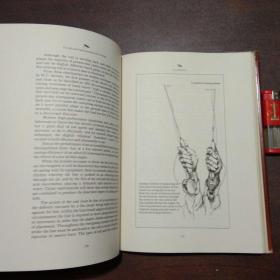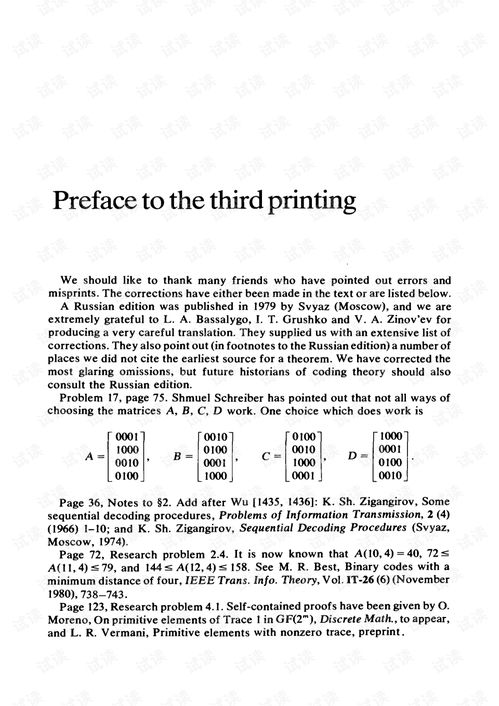Content:
Introduction: Fishing in polluted river waters can be a challenging endeavor, as the presence of bad water can affect the fish's health and behavior. However, with the right techniques and knowledge, anglers can still enjoy successful fishing trips. In this article, we will discuss various strategies and tips to help you master the art of fishing in polluted river waters.

Choose the Right Location: When fishing in polluted river waters, it is crucial to select the right location. Look for areas where the water quality is relatively better, such as areas with slower currents, shade, or areas where the water meets cleaner tributaries. These spots are more likely to have fish that are less affected by the pollution.
Understand the Fish Behavior: Fish in polluted waters may exhibit different behaviors compared to those in clean waters. They may be more cautious and less active. To attract them, you need to understand their behavior and adapt your techniques accordingly. For example, using lighter tackle and slower retrieves can help in triggering bites.
Use the Right Bait and Lures: In polluted river waters, the availability of natural food sources may be limited. Therefore, it is essential to use baits and lures that mimic the available food options. Live bait, such as worms or insects, can be effective in such conditions. Additionally, artificial lures that resemble smaller fish or insects can also be productive.
Adjust Your Approach: Fishing in polluted river waters requires a different approach compared to clean waters. Here are some tips to help you adjust your techniques:
a. Start Early: Fish in polluted waters may be more active during the early morning or late evening when the water temperature is cooler. Starting your fishing trip early can increase your chances of success.
b. Be Patient: Fishing in polluted waters may require more patience, as fish may be less aggressive. Take your time to present your bait or lure properly and allow it to sink deeper into the water column.
c. Use Sensitivity: Polluted waters can be murky, making it challenging to see the fish. Enhance your chances by using sensitive tackle and being aware of the subtle movements of the fish.
Maintain Your Tackle: Fishing in polluted waters can be harsh on your tackle. Regular maintenance is essential to ensure optimal performance. Clean your hooks, lines, and lures after each fishing trip to remove any residue or pollution. Additionally, consider using tackle made from durable materials that can withstand the harsh conditions.
Be Mindful of the Environment: When fishing in polluted river waters, it is crucial to be mindful of the environment. Avoid littering and respect the local regulations and fishing ethics. By being responsible anglers, we can contribute to the conservation of these waters.
Conclusion: Fishing in polluted river waters can be challenging, but with the right techniques and knowledge, anglers can still enjoy successful fishing trips. By choosing the right location, understanding fish behavior, using appropriate baits and lures, adjusting your approach, maintaining your tackle, and being mindful of the environment, you can increase your chances of catching fish in polluted river waters. Remember, fishing is not just about catching fish; it is also about enjoying the experience and respecting the natural world.












